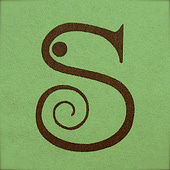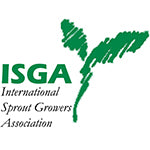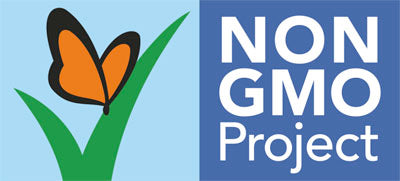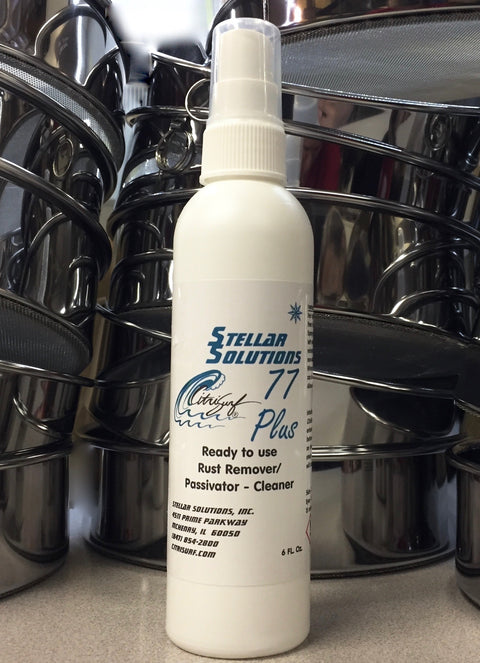
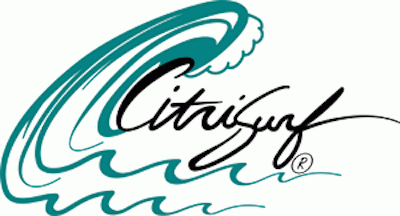
Protectant for Stainless Steel
Stainless Steel is not actually stainless. Even the highest grade stainless steel can stain, so we offer a product to further protect your stainless items - like our incomparable Stainless Steel Tray Sprouter and our 3-Screen Lid Set, which are marine-grade stainless (which is very high end stuff).
Stellar Solutions CitriSurf 77 uses citric acid. It comes in a small 6 ounce spray bottle with a finger top pump sprayer and does exactly what it's designed to do. And it is made in the birthplace of Sproutpeople - Wisconsin.
CitriSurf 77 is a high quality blend of chemicals formulated for the cleaning and passivation (see the Notes tab for an explanation) of stainless steel products. It is provided in trigger sprayer bottles for applications where it is desired to spray the product on a local area. CitriSurf 77 is specifically designed to provide a portable, low cost and efficient removal of contaminants and all free iron from the surface of stainless steel, providing the highest chrome oxide levels possible. 6oz. spray bottle.
Application Procedure:
CitriSurf 77 is an excellent cleaner by itself for many cleaning and passivation processes. However, to assure best results, it may be a good idea to clean the parts or areas to be passivated, with an appropriate cleaning solution prior to treatment with CitriSurf 77 solution, especially when heavy grease and oils are present. If there is rust on the surface that must be removed, you may want to use CitriSurf 77 "Plus" which has additional additives to aid in rust removal. Citric Acid and white vinegar are alternatives that can also remove rust. The parts or areas to be cleaned and passivated should be sprayed, immersed or wiped with CitriSurf 77 to completely wet the surfaces, especially in crevices or in areas where rust or corrosion may have occurred. The surface must be soaked or left moist with the CitriSurf 77 solution for a period of 15-30 minutes at room temperature. After soaking, rinse the surface with clean water. The surface can then be wiped dry with a clean cloth or appropriate absorbent medium. Allow the surface to air dry prior to use. CitriSurf 77 will not harm stainless steel appliances or surfaces, and will enhance the brightness when used as directed.
CitriSurf is safe for food equipment. When properly rinsed, no CitriSurf remains on the surface. The protective passive layer is formed from the metal itself.
Stainless steel passivation:
Passivation is the process of treating or coating a metal in order to reduce the chemical reactivity of its surface. In stainless steel, passivation means removing the free iron from the surface of the metal using an acid solution to prevent rust. When the surface iron is removed, the other components of the alloy (primarily chromium, often nickel as well) are left behind as a surface layer over the underlying steel. Upon exposure to air, they react with oxygen to form an oxide layer that protects the rest of the steel from corrosion. This corrosion-resistant surface can be damaged through mechanical means, heat or chemical damage. When that happens, iron is exposed and the item is once again subject to rusting. For this reason, passivation may need to be performed on a regular basis. In both home and commercial settings exposure to things like cleaning solutions, bleach or salt (oceanic environments) all will contribute to the need for regular passivation of the stainless steel.
Historically nitric acid has been used to passivate stainless steel, but recently a safer and more effective means using citric acid has been introduced. Unlike nitric acid, citric acid (the active ingredient in Citrisurf) passivation has many advantages:
Citric acid does NOT remove other elements in the alloy effectively limiting the depth of the final chrome oxide layer.
Citric acid does NOT introduce heavy metals (hazardous waste) into the bath.
Citric acid only removes iron.
Citric acid is much safer and environmentally friendly.

